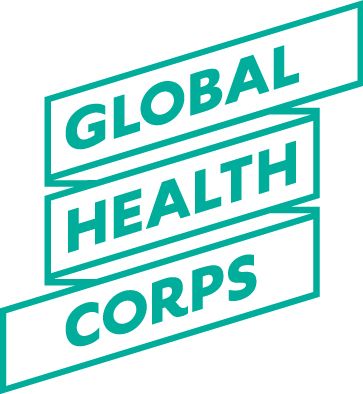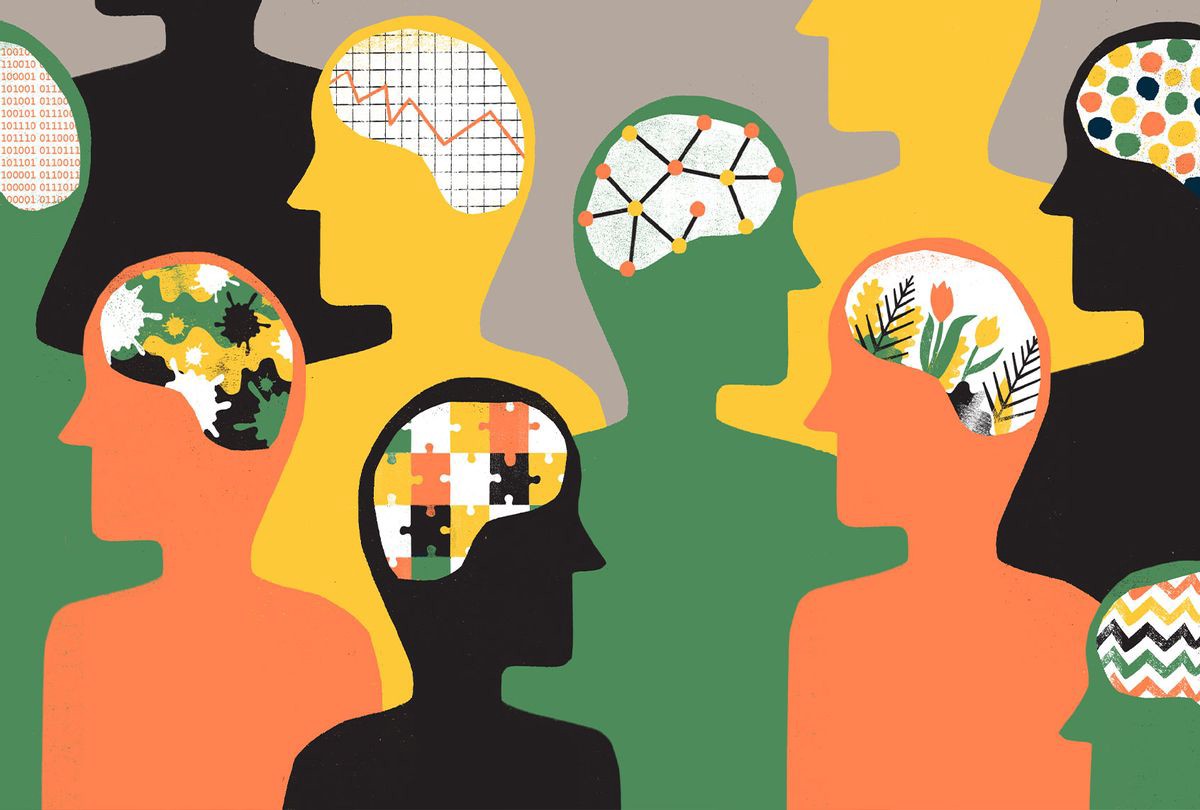After almost three decades of fighting a never-ending battle with my brain, I found out that I was autistic earlier this year. All it took was a global pandemic and moving to a city where I knew no one in a national lockdown for me to notice that the cycles of anxiety, followed by depression, that I have experienced my whole life somehow do not exist when I am fully in control of my environment; when I’m not putting most of my energy into trying to perform “social convention” or compensate for my sensory sensitivities, there are apparently no bounds to how bold, fulfilled, and consistent I can be in my life and work. It has been a complicated journey of freedom, grief, and unlearning the ableist notions I held about autism, and disability in general, but it has given me a level of control over my own life that I could not have previously dreamt of.
When I started down the path of seeking a formal diagnosis earlier this year, I called my mom to ask her if there was anything different about me as a child. My mother’s response was that I was a very odd kid but because I was healthy and eating, she did not find it worth questioning. I don’t remember much of my childhood but from the mosaic of second-hand memories that I’ve managed to weave together from cherished family tales, I showed classic autistic characteristics as a child; I was easily overstimulated both by family and school interactions which led to some funny, explosive reactions or long periods of self-isolation. There was even a period of my childhood where I apparently stopped talking for almost two years. In hindsight, it is unlikely that if she had sought help, it would have made any difference. I grew up in a deeply traumatized and broken country in an equally traumatized family. Rwanda, and my family, immediately after the genocide against the Tutsi, had more pressing things to worry about than a potentially autistic child who was fine in all ways other than a few odd behaviours. The fact that I was alive and breathing was more than enough.
When I moved to the United States for high school, whenever I would act in ways that were “odd” or when my heightened anxiety would inadvertently turn into a depressive episode or intensely disordered eating habits, it was often easy for the adults around me to either ignore or dismiss my symptoms as “African oddities” or just “acting out”. I could try to detail the struggle of being a 13-year-old African girl alone in quite possibly the whitest town in America but that would have to be its own book. I did a lot of reckless and impulsive things at that time and I wasn’t very good at hiding it. Somehow, no one ever thought to look into it a bit deeper — probably because I was doing well in school but I suspect it’s also because it is often expected for a Black teenager to act out.
The first time I reached out for help was in university. After spending two weeks confined to my bed, I finally sought out counselling at the recommendation of a friend. The counsellor who was available to students, a white woman, started crying within five minutes of me running through my life history. Looking back now, it was a little funny but, at that moment, I had never felt so hopeless and beyond help. She did say something useful in that session though. She suggested I might benefit from looking into an ADHD diagnosis. I didn’t follow up on this at the time because I believed that ADHD diagnoses always ended in medication and the stigma that surrounds taking stimulants as a U.S. college student is inescapable.
When I crashed as an adult with a job and rent, it finally became impossible to ignore. What I call “my crash” was really more of a gradual descent into burnout that started well before I moved back home. After university graduation, I was in the throes of a mental health crisis that I was actively ignoring and covering up in the most self-destructive ways. Moving back home was supposed to be a respite from the constant feeling of being alone, an outsider, and “the other” that I had attributed fully to the phenomenon of being Black in a predominantly White country. The reality is that I had always felt like that and those feelings did not go away even when I was in a country with people who undoubtedly loved me, spoke my language, and could relate to a lot of my experiences. The descent continued, albeit buffered by the distractions that my exciting career offered until I absolutely had to seek help or I was not going to survive. My usual cycle of anxiety and depression had turned into a three-month-long major depressive episode — I had become absolutely terrified of my own mind and I could no longer sleep at night.
After weeks of searching, I finally saw a psychiatrist in Kigali. I brought up the fact that I might have ADHD and he dismissed it because “ADHD only occurs in children.” It does not. Many children with ADHD grow up to be adults with ADHD, it just might look a little different; and “I was not hyperactive”, I am not externally hyperactive because of the societally conditioned internalization of distress that comes with growing up in this world as a girl. It took months of discussion, medicine trials, and hours of research (on my part) to finally get an assessment for ADHD. Finding a system that was inadequate, inaccessible, and stigmatizing; a system that required a level of self-advocacy that should never be asked of a person standing on the edge of the proverbial cliff, stuck with me and weaved itself into the fabric of my work and my life. It was this experience of seeking mental healthcare at the lowest point in my life, as a health professional and an incredibly privileged Rwandan, that changed my basic public health research career into this current focus on mental health.
I sometimes look back on all of this now and think, if at any of these points someone would have just investigated things a bit more, I might have been spared a lot of pain. But I know that it was only recently that the medical establishment stopped looking at autism as a phenomenon reserved for little white boys, particularly the kind of autism that comes with a hyper-systemizing brain and few obvious support needs. It never once occurred to me that I might be autistic before, in spite of the high co-occurrence rates with ADHD, anxiety, and depression, because what the media portrayed as an autistic person was usually a man or a boy with far more support needs than I ever thought I had. This coupled with the anti-vax and “autism parent” campaign to portray autism as a fate worse than measles, did not leave much of a chance for me to look up to the autistic community, much less see myself in it. Even when I started looking into seeking a diagnosis, I often felt that I did not “suffer” enough to qualify.
Today, as I learn to accept everything that comes with finding out I am autistic at 29, I am relearning the basics, like how to interact with people while honouring my sensory and communication needs. I’m learning that I don’t actually hate crowds, I just can’t handle noise pollution (a situation that, I have recently found, is greatly improved by noise filtering earplugs). And I’m learning when to take social breaks so that I do not consistently burn myself out. Yes, I am quite odd. But that means nothing other than the fact that I am just another flavour of human; maybe one that is rarer than most but human, nonetheless. Just months into this journey, I no longer experience regular depressive episodes and I have found ways to manage my anxiety without my trusted old friend, Fluoxetine. I do still have ADHD but even that has gotten significantly easier to manage and I continue to reach for my medication whenever I need it without judgment.
But still, I grieve for the woman I might be today had someone thought to ask questions earlier and been met by a care system that had the right answers. I grieve for the many Black children who aren’t here today because they lost their lives to depression or the cycles of recklessness and impulsivity that often comes with knowing something is not right but not being able to name it while being gaslit by the adults in their life. I grieve for the Black children for whom care was sought but who were routinely misdiagnosed and wrongfully medicated because the world had its mind made up about who is deserving of support and whose pain should be silenced.
My mental health story, not unlike many others, is not simply a story of mental illness. It is a story of the intersections of colonial violence, sexism, ableism, and good old-fashioned, corn-fed, U.S. American racism. It is only one example of how mental illness can sometimes be a signal of some underlying distress but is often dismissed and only medicated instead of being met with curious investigation and support. What I went through is the reality for many people with disabilities (visible and invisible), people for whom existing in this global hyper-capitalist system is unbearable, and people who face marginalization and discrimination every single day for things beyond their control. And it’s the reality for people who are experiencing the intense grief and collective trauma event in this current moment, without the support that social connection offers.
I did not write this story because I seek to assert the fact that all mental illness has an environmental cause. I do not know that, and I do not think we will ever truly know that. I share this history of my evolving relationship with my brain and the world around me to get to this one point I found in a book that I have recently been unable to put down. In his essay on war and mental health, Ignacio Martin-Baro says that “it may be that a psychological disorder is an abnormal reaction to a normal situation, but it may also be a normal reaction to an abnormal situation.” We are currently, and have been for a long time now, living in a world with a consistently rising mental health burden. Whatever solutions we come up with going forward, we must center them around the fact that it is imperative that we move away from simply treating peoples’ reactions to this deeply broken world and finally start addressing the various “abnormal situations” in the room.
This piece was originally published on Global Health Corps’ publication AMPLIFY and written by Alice Bayingana. Alice is the Rwanda Program Officer at Global Health Corps and was a 2015–2016 fellow. She recently attained a Masters of Science in global mental health at Kings College in London.


